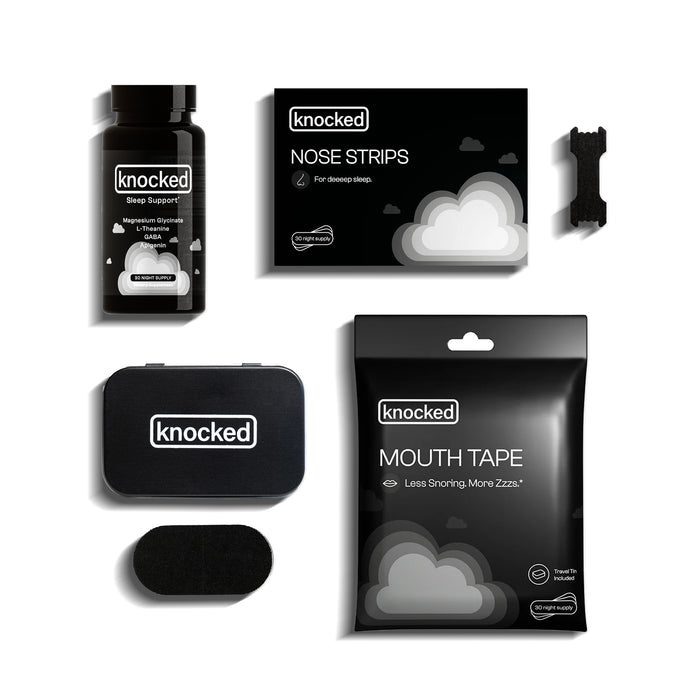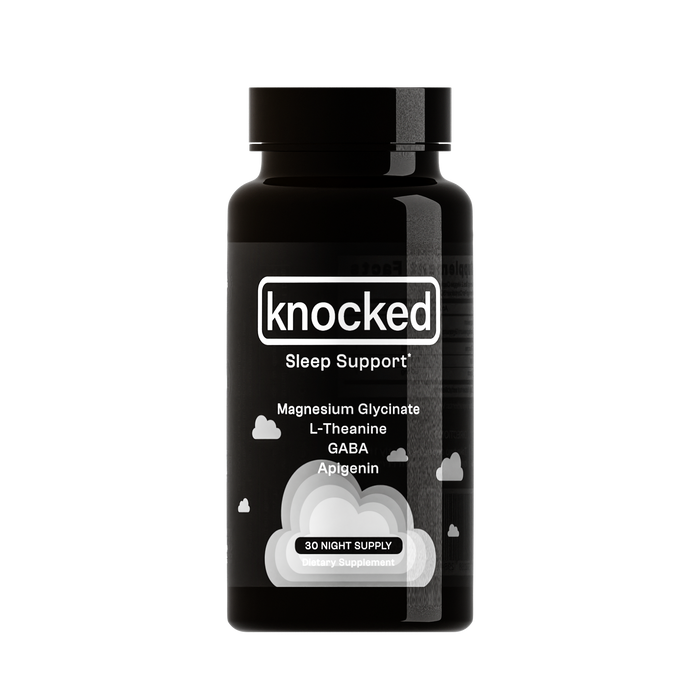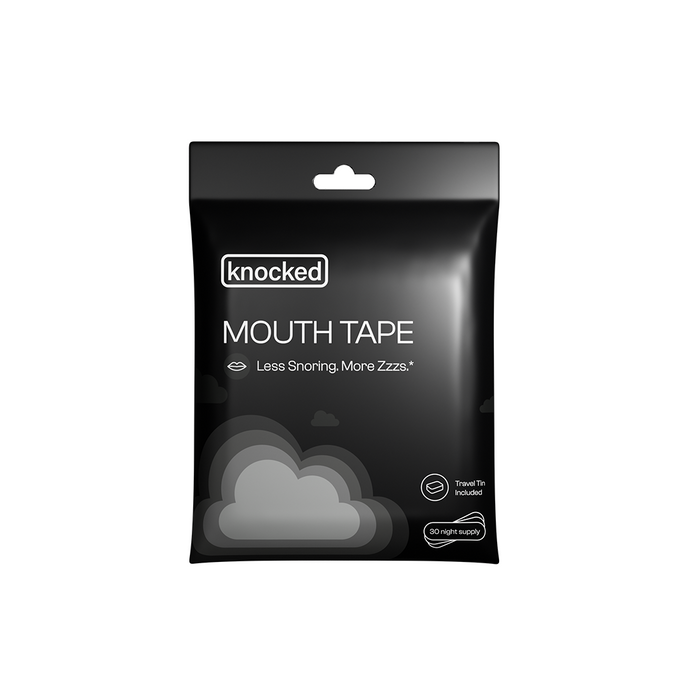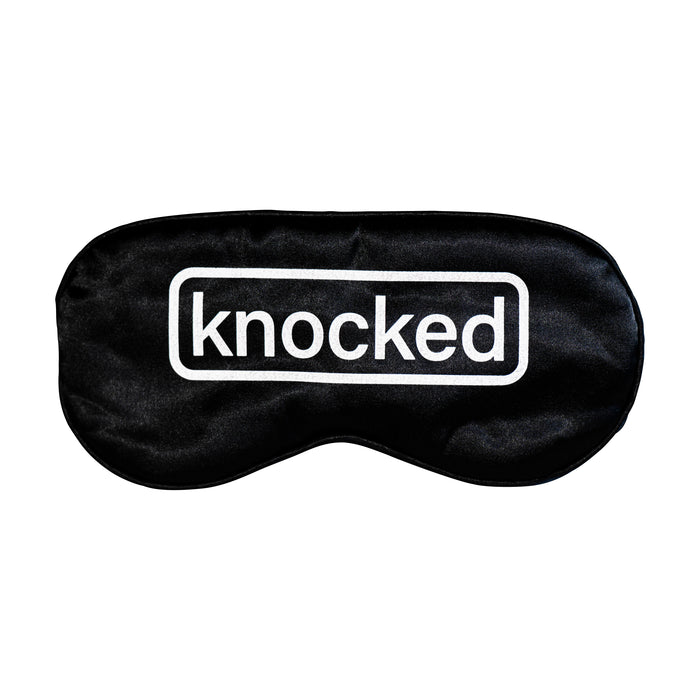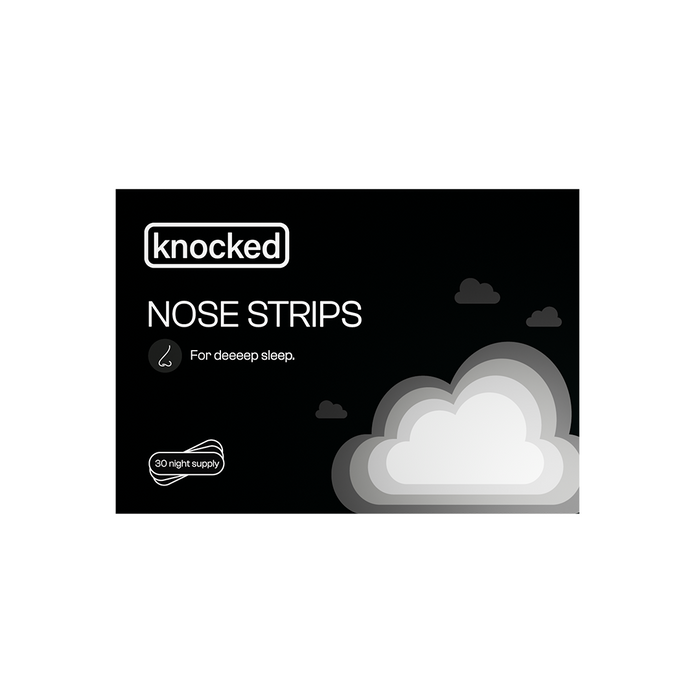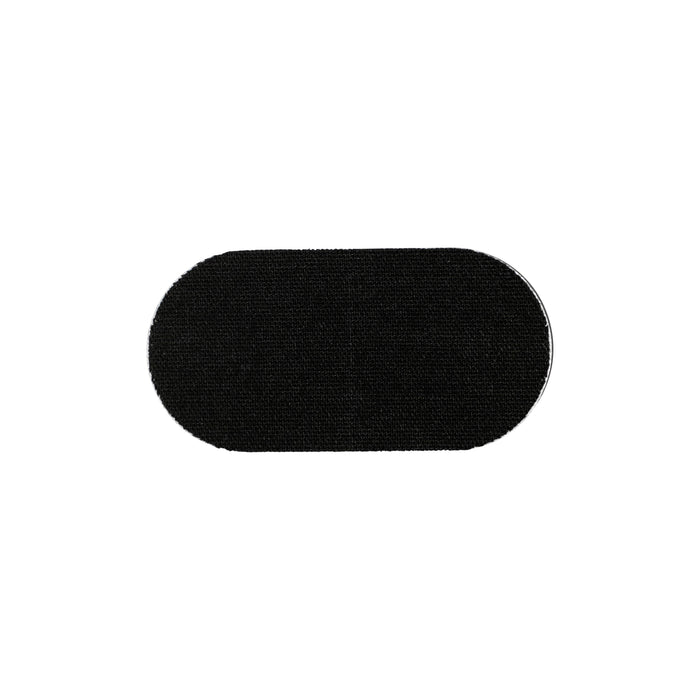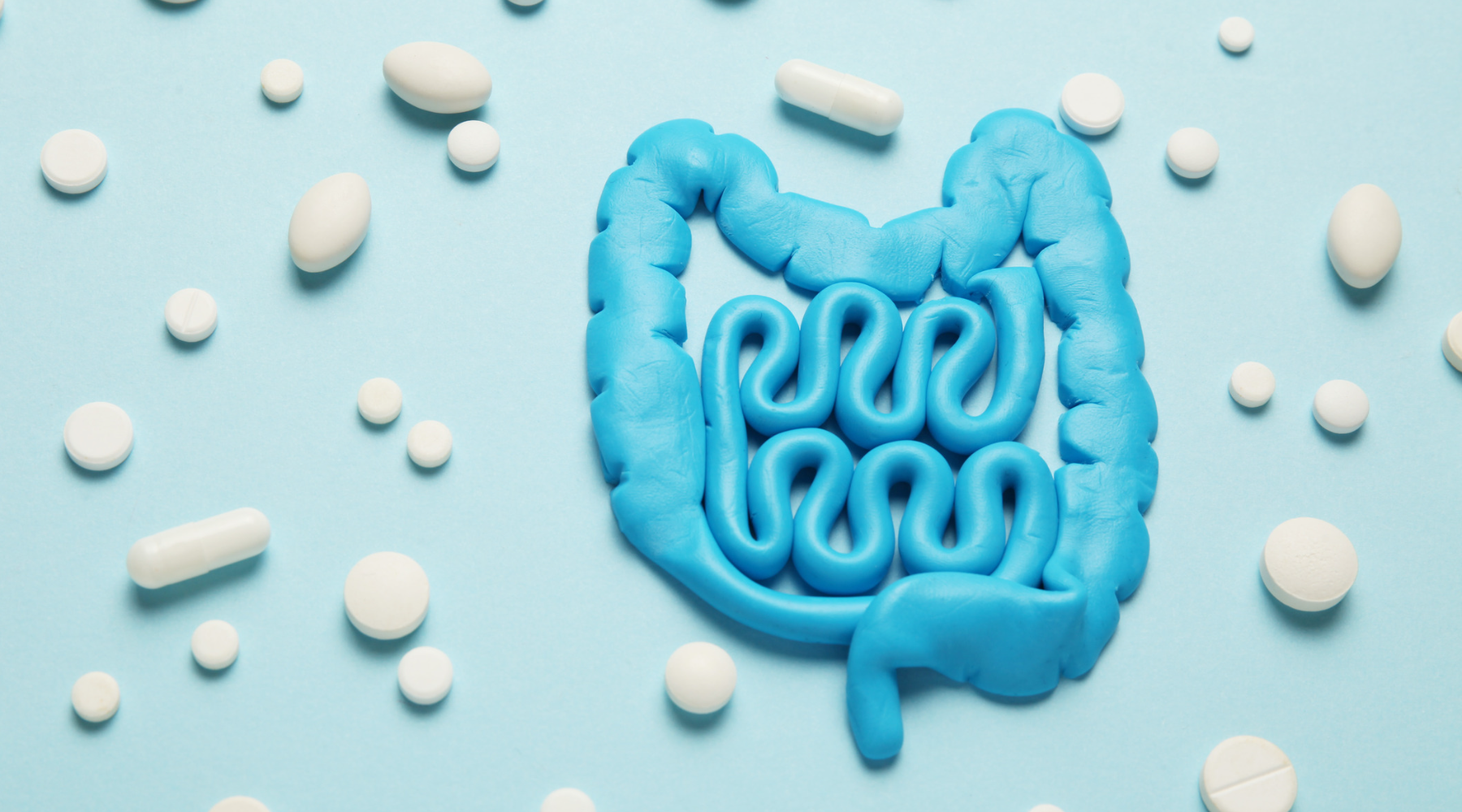

The Interplay of Gut Microbiome and Sleep: A Closer Look
Sleep disorders and insomnia are growing concerns worldwide, necessitating the exploration of innovative and effective treatments. Recent research has turned to the gut microbiome, revealing its potential influence on sleep quality. An article published in 2022 titled "Probiotics, prebiotics and postbiotics for better sleep quality: a narrative review" dives into the possible contributions of these microbial treatments to sleep enhancement1.
The gut microbiome, the community of microorganisms residing in our digestive tract, influences our health through the production of various metabolites and compounds. These substances, which include short-chain fatty acids, secondary bile acids, and neurotransmitters, have neuroactive and immunomodulatory properties. Interestingly, many of these compounds are independently known to promote wakefulness (like serotonin, epinephrine, dopamine, orexin, histamine, acetylcholine, cortisol) or induce sleep (like gamma-aminobutyric acid, melatonin)2.
In the review, the authors conducted a comprehensive literature search across several databases, comparing human trials published before November 2021. They also examined relevant findings from animal experiments to provide mechanistic insights. The main goal was to evaluate the potential of pro-, pre-, and postbiotic treatments in improving sleep quality, and to assess whether these treatments could alleviate stress and anxiety, which are known to have bidirectional correlations with sleep problems3.
The results were mixed. Some studies showed that sleep latency (time taken to fall asleep), sleep length, and cortisol levels improved after pro-, pre-, or postbiotic treatment. However, others did not report any significant improvements in sleep quality, stress, or anxiety. These discrepancies may be due to variations in study designs, populations, treatments, type and level of distress, and sex differences among the studies. Nevertheless, the authors concluded that the trials provide some evidence that prebiotics, postbiotics, and traditional probiotics, such as lactobacilli and bifidobacteria, might enhance sleep quality and reduce stress4.
Given the complexity of the gut microbiome and its interactions with sleep, further research is necessary. Moreover, the authors suggest implementing methodological adjustments in future studies to provide more robust evidence5.
While the potential of microbial treatments to improve sleep is exciting, it is vital to approach this field with a rigorous scientific mindset. Understanding the complex relationship between our gut microbiome and sleep could pave the way for novel, effective interventions for sleep disorders and insomnia.
References:
Haarhuis J.E., Kardinaal A., Kortman G.A.M. (2022). Probiotics, prebiotics and postbiotics for better sleep quality: a narrative review. Benef Microbes. 13(3):169-182. DOI: 10.3920/BM2021.01226.
